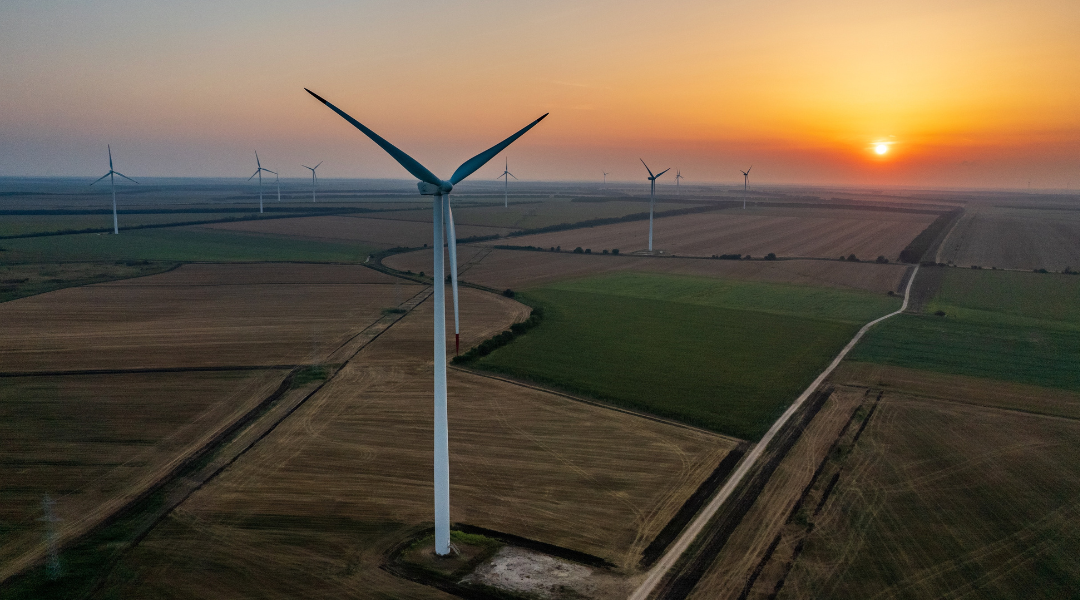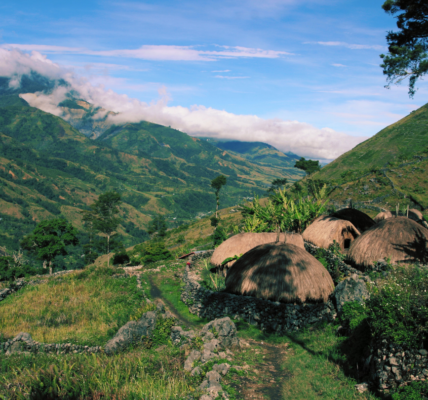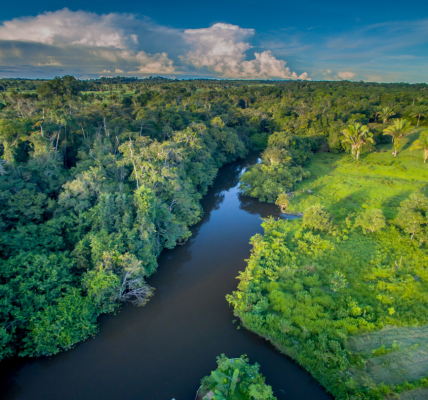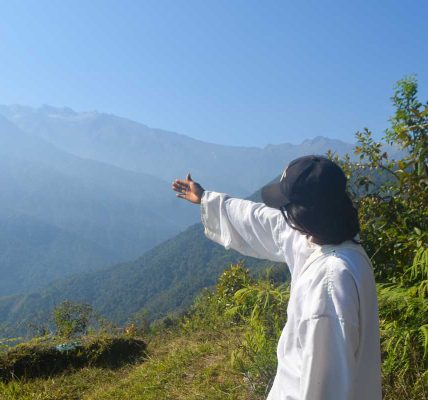Parque Eólico Cabo Leones I project received technical assistance from ALLCOT during the emissions monitoring
Energy transition and climate change are directly related. The excessive use of non-renewable energies for electricity production has a major environmental impact: global warming. In this scenario, renewable energies, such as wind power, are a promising alternative for a more sustainable development.
Parque Eólico Cabo Leones I project, located in the Atacama region of Chile, is one of the largest wind power facilities in the country. This project, generating clean energy through renewable sources, has been promoted and developed by Ibereólica Cabo Leones I S.A., a Chilean company and subsidiary of the Spanish Ibereólica Group, together with EDF Renewables Chile, a specialist in the development of solar and wind projects.
Cabo Leones’ renewable energy generation
Cabo Leones has two phases of installed capacity: 115.5 MW and 60 MW respectively, with an output of 175.5 MW. At the end of 2017, when the first phase of the project began, 55 wind turbines were integrated, with 2.1 MW of unit power. This represented an optimal use of the wind energy capture. Subsequently, from July 2020 to September 2021, the project was in the process of developing a second phase. It has a capacity of 60 MW and consists of 12 wind turbines.
Wind energy is a clean energy. The production of this type of energy is through the use of wind turbines. Thus, it requires fossil fuels for their manufacture. Even so, the integration of renewable energies contributes to mitigate greenhouse gasses, resulting in carbon credits emission.
ALLCOT, an ally and strategist in sustainability issues, has carried out the verification and issuance of the project’s carbon credits. On January 18, 2023, this technical assistance resulted in the issuance of credits corresponding to the first period of the project, from June 2018 to December 2020.
During the credit period, it generates more than 900 GWh. This amount of energy has the capacity to supply the energy needs of approximately 44,000 Chilean households. Thus, avoiding the emission of 620,000 tons of CO2 into the atmosphere.
Undoubtedly, promoting clean and renewable energy projects for a sustainable energy transition contributes to our goal of being a carbon neutral society by 2050. We can achieved this goal through innovation, betting on new alternatives that reduce and mitigate damage to our planet.





